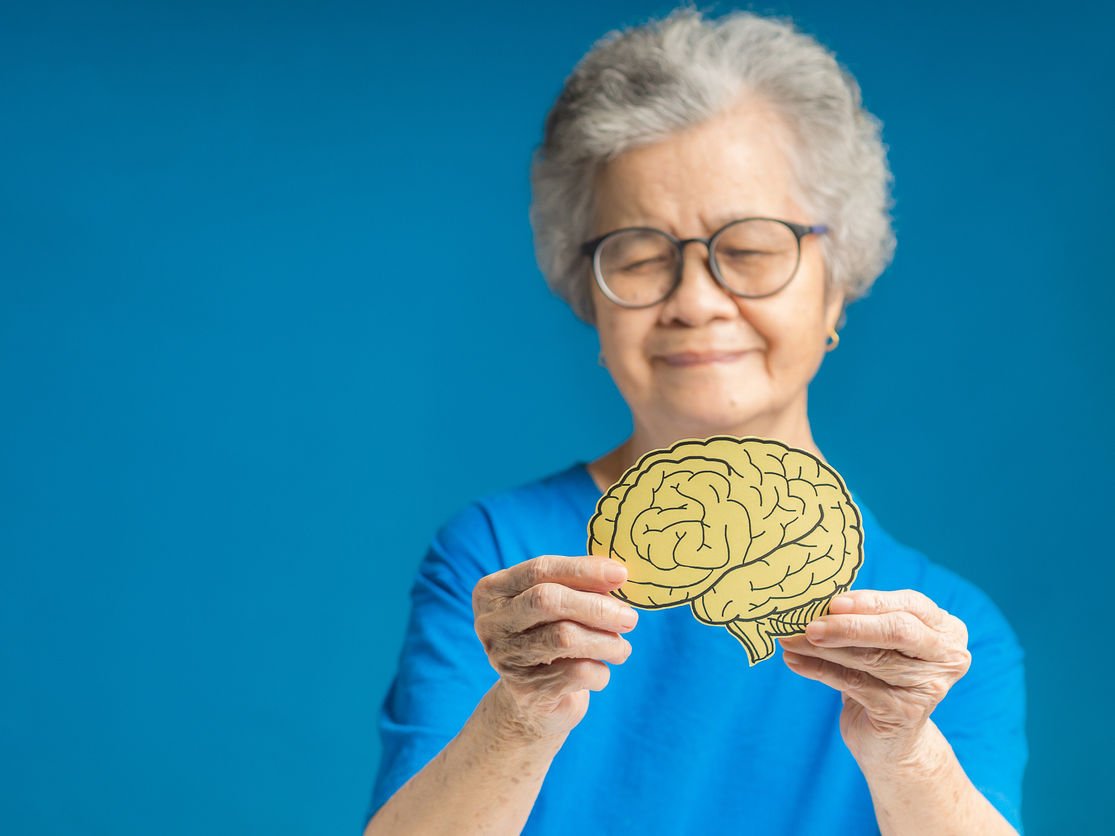Can you see what I see?
While many of us can visualise things in our minds, other people can’t. Their experience of the world is different.

We can never really know what is going on inside each other’s minds. The intricacies of our internal lives remain a mystery – a fact that becomes more striking when we consider conditions such as aphantasia.
Aphantasia is a fascinating phenomenon in which individuals – perhaps as many as four in every 100 of us – are unable to create mental images voluntarily.
While it seems that most of us can close our eyes and conjure up a familiar face or a serene landscape, those with aphantasia experience a blank canvas instead of a vivid picture.
This condition, whose name is derived from the Greek word phantasia, meaning imagination, has only recently been recognised and explored in scientific literature.
For decades, discussions about aphantasia were largely anecdotal, with few studies dedicated to understanding its nature. However, emerging research is beginning to shed light on how the absence of visual imagery does not necessarily impair creativity or memory.
In fact, many people with aphantasia have developed alternative strategies to recall memories and solve problems, using other senses such as sound, touch, and emotion to construct a rich understanding of their surroundings.
It is important to note that aphantasia does not equate to a lack of imagination. Rather, it challenges our conventional notions of creativity, which often rely on the ability to visualise.
Artists, writers, and thinkers with aphantasia have demonstrated that creative brilliance can flourish through abstract thought and alternative forms of expression. This realisation forces us to reconsider what it means to “see” in our minds and invites a broader appreciation of human cognition.
Aphantasia serves as a poignant reminder of the inherent diversity in how we process experiences. The idea that we can never fully share the inner workings of our minds underscores the uniqueness of each person’s perspective.
It prompts us to be more understanding and open-minded, recognising that our personal mental imagery – or lack thereof – is just one part of a much larger, complex picture.
In a world that equates vivid imagination with creativity, aphantasia offers a refreshing perspective. It highlights that there is no single way to experience or remember life.
Our minds are as diverse as our experiences, and even when we cannot visualise, our capacity for thought, memory, and creativity remains boundless.





